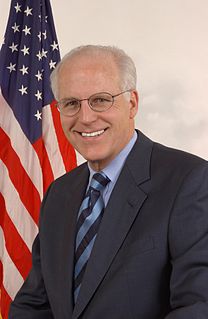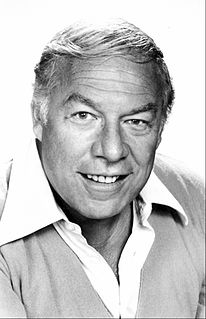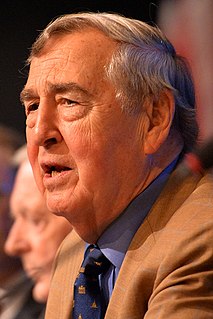A Quote by Christopher Shays
What we know from World War I is that some of our troops had acute symptoms of exposure to chemicals, had bad health and died because of chemical exposure in World War I.
Related Quotes
Wouldn't it be great,as Scott Peck suggests, if all medical students had to undergo the symptoms and feeling of a spectrum of illnesses. From acute infections to terminal cancer - and Kuru, the laughing sickness. Just a month for each exposure, controlled of course, and a good heavy dose of excruciating pain. So they'll know what that feels like.
The World War I, I'm a child of World War I. And I really know about the children of war. Because both my parents were both badly damaged by the war. My father, physically, and both mentally and emotionally. So, I know exactly what it's like to be brought up in an atmosphere of a continual harping on the war.
One very difficult decision was deciding to vote against the appropriations bill for the war. I had consistently said that I wanted to make sure our troops got the adequate and training in the war effort, despite the fact that I opposed the war at the point that the president decided to double down and send more troops. I had to vote against funding as a way of bringing it back to the table. That was a difficult decision for me.
In one sense, I have always felt glad to have had the war [World War II] in my childhood, because, as a result, nothing that has happened in the world since then has ever seemed quite so bad. On the other hand, I never entirely got over my feeling of being cheated when the promised era of peace in a wonderful "post-war world" failed to materialize. I could not understand how, after all that, people could ever even think of fighting again. And I still can't.
As the nature deficit grows, another emerging body of scientific evidence indicates that direct exposure to nature is essential for physical and emotional health. For example, new studies suggest that exposure to nature may reduce the symptoms of Attention Deficit Hyperactivity Disorder (ADHD), and that it can improve all children's cognitive abilities and resistance to negative stresses and depression.
The twentieth century had dispensed with the formal declaration of war and introduced the fifth column, sabotage, cold war, and war by proxy, but that was only the begining. Summit meetings for disarmament pursued mutual understanding and a balance of power but were also held to learn the strengths and weaknesses of the enemy. The world of the war-or-peace alternative became a world in which war was peace and peace war.
In every major war we have fought in the 19th and 20th centuries. Americans have been asked to pay higher taxes - and nonessential programs have been cut - to support the military effort. Yet during this Iraq war, taxes have been lowered and domestic spending has climbed. In contrast to World War I, World War II, the Korean War and Vietnam, for most Americans this conflict has entailed no economic sacrifice. The only people really sacrificing for this war are the troops and their families.
The casualties in the Civil War amount to more than all other wars - all other American wars combined. More people died in that war than World War II, World War I, Vietnam, etc. And that was a war for white supremacy. It was a war to erect a state in which the basis of it was the enslavement of black people.
Both of my grandfathers fought in the Second World War, and my great-grandfather died at the Somme in the First World War. I never truly believed that the War just finished and everyone was happy-clappy, brought out the bunting, and felt everything was okay again. That's definitely not my impression of the fall-out of war.


































